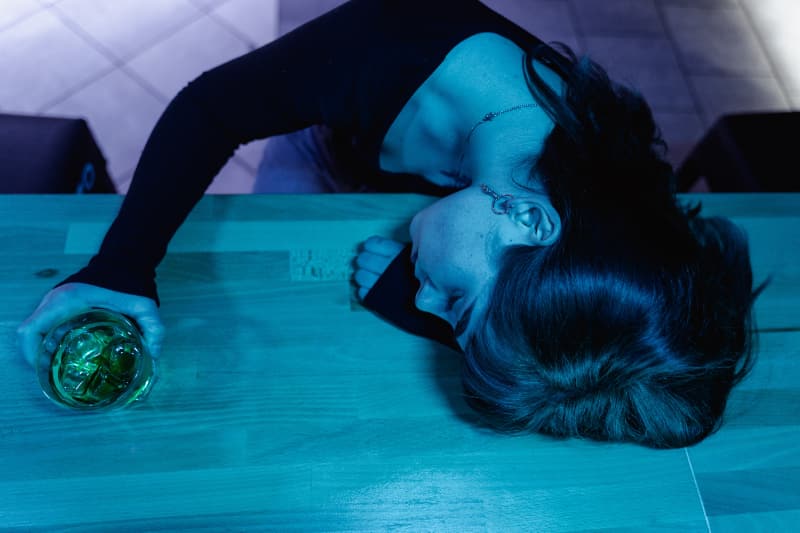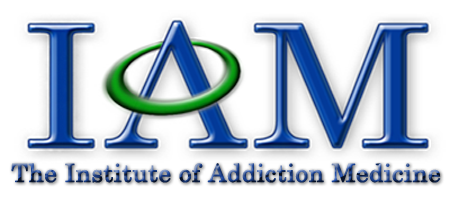The Two Parts of a Dual Diagnosis
To understand the idea of a dual diagnosis, it’s a good idea to parse the two disorders.
A person suffering from a psychiatric disorder such as depression, schizophrenia, or PTSD will benefit from multiple mental health modalities.
Likewise, a person suffering from a substance use disorder (addiction) such as alcohol dependence, cocaine addiction, or even a gambling addiction will benefit from a specific set of treatment options.
Of course, life is complex.
Dual diagnosis describes a practice that treats an individual with both a substance use disorder and a psychiatric disorder.

The Connection Between Mental Health and Addiction
Dual diagnosis refers to a situation where a person suffers from both a drug problem and a mental disorder, and they are treated for both diagnoses, simultaneously. The dual nature of addiction and mental health, when misunderstood, becomes a recipe for relapse.
Instead of treating the two diagnoses sequentially (first take care of the addiction, then we will get to the mental health), or separately (different healthcare teams focusing on the different aspects of the diagnosis, dual diagnosis treatment treats the whole person. It understands that addiction is intimately tied to a mental health diagnosis.
Which Is First?
Mental health disorders include a vast range of conditions that involve changes in behavior, cognition, and emotion. Substance use disorders are a group of conditions where a person cannot control their use of either legal or illegal drugs.
Often it is difficult to determine which disorder came first because each can mask or heighten the other. However, just because they occur at the same time doesn’t mean one caused the other. According to research there can be 3 possibilities as to why they co-occur.
- Common risk factors can contribute to both sets of disorders. This includes factors like genetics, stress, and trauma.
- Self-medication by people suffering from medical disorders to feel better, albeit temporarily.
- Substance use is a known risk factor for developing a mental disorder.
What Mental Health and Substance Use Disorders Commonly Occur Together?
Mood disorders that are comorbid with substance use disorders include:
- Bipolar disorder
- Major depressive disorder
- Dysthymic disorder
Anxiety disorders comorbid with substance use disorders include:
- Generalized anxiety disorder
- Obsessive compulsive disorder
- Social anxiety disorder
- Post-traumatic stress disorder
Signs and Symptoms of Co-occurring Disorders
Mental health facilities have drug screening tools that make it easy to detect co-occurring substance use disorders. Signs of substance use disorder include:
- Sudden personality changes
- Self-isolation from family and friends
- Buildup of tolerance and inability to control substance use
- Finance and legal problems
- Withdrawal symptoms if substance is not used
- Engaging in risky behavior
Signs and symptoms of mental health disorders may vary depending on the condition. Some examples include:
- Eating and sleeping difficulties
- Fluctuating moods
- Self-isolation
- Inability to concentrate
- Increased or decreased sex drive
- Paranoia and hallucinations.
Treatment
Treating a dual diagnosis is a lot more complex, but you can attain full recovery with the right treatment plan. At the Institute of Addiction Medicine, we are dedicated to furthering the conversation around addiction treatment and the many facets of treating individuals suffering form substance use disorders. Our library of addiction research is available for you to download today. Our addiction education resources are available for anyone looking to take the next step in addiction medicine higher learning.
If you are looking for addiction treatment for yourself or a loved one, we are partnered with the Vopicelli Center for Addiction Treatment.
